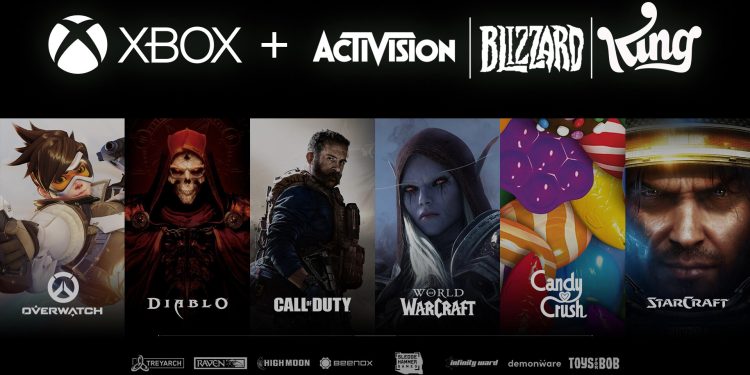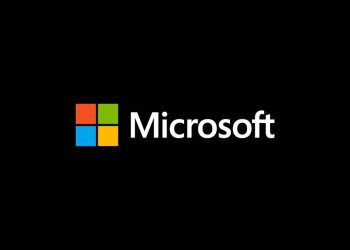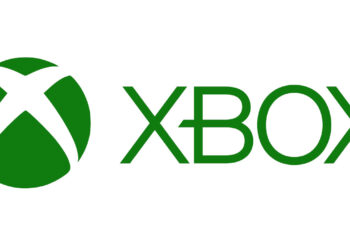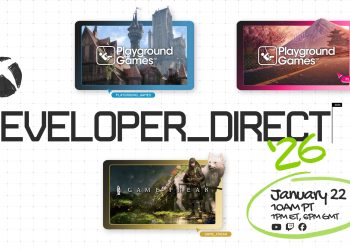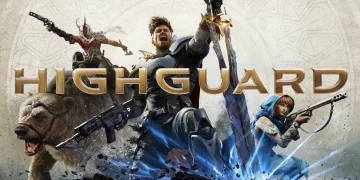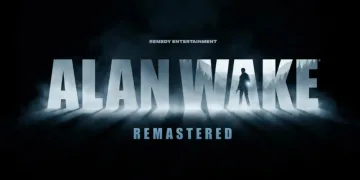Hey, when a deal floats for a long time, it could mean there’s something very unstable to it and it may go down at any given point. Yes, Microsoft is trying its best to acquire Activision Blizzard and started making pages proving that the acquisition is beneficial for everyone. Is this necessary at all, given the regulatory bodies are still going over this case?
After all, it’s a $70 billion acquisition, and knowing Microsoft’s power, it’s likely to go through. But why is Microsoft trying to prove something that everyone is aware of? However, why would you still need to make a case such as this one? Are the regulatory bodies up to something? It does seem like a shameless move, and having to make a website proving the beneficial sides is somewhat weird, using quotes said over the past that likely has a purpose of proving to regulators that the deal is reasonable.
The website kicks with the following paragraph.
Players and developers are at the center of Xbox. We want to enable people to play games anywhere, anytime and on any device. And developers deserve more options to build, distribute and monetize their groundbreaking games. When we do this, we all win. That’s why we’re sharing more on the industry and how our acquisition of Activision-Blizzard fits into our gaming strategy.
Then it follows with benefits for Xbox + Activision Blizzard, sorting Benefits for players, game creators, and the gaming industry in general.
Benefits for players
- More games on more devices including Xbox, PlayStation, phones and online
- Choice in how and where people buy games with subscription and one-off purchase options
- For the 95% of gamers who play on phones, alternatives to gaming offerings from the dominant mobile platforms
Benefits for game creators
- More ways to get games in front of more players through support, investment and better access to gamers
- Better revenue and fair marketplace rules through our app store principles
- Greater flexibility in payment systems and the experience they provide their fans
Benefits for the gaming industry
- More competition in mobile, where a couple of big players dominate
- Greater competition in traditional gaming, where Sony and Nintendo will remain the biggest
- Emphasis on positive workplace culture and increased local investment from Microsoft in studios and creative ecosystems around the world
And then it ends with quotes by Microsoft Gaming CEO Phil Spencer and Microsoft Vice Chair and President Brad Smith.
Giving players choice in how they play their games makes gaming more accessible and leads to larger, more vibrant communities of players. Choice is equally important to developers. Developers benefit from having a diversity of distribution and business models for their games. Choice unlocks opportunities for innovation and enables the industry to grow.
Too much friction exists today between creators and gamers; app store policies and practices on mobile devices restrict what and how creators can offer games and what and how gamers can play them. Our large investment to acquire Activision-Blizzard further strengthens our resolve to remove this friction on behalf of creators and gamers alike. We want to enable world-class content to reach every gamer more easily across every platform.
Previously, Microsoft has openly committed to making Call of Duty available on PlayStation for three years past the current deal, so there’s literally no guarantee that it will stay on Sony’s platform indefinitely. But will this be the case, considering that another upcoming title developed by Bethesda, Starfield, is not going to be available on PlayStation?
Even if this could make sense taken into consideration the Minecraft deal, it’s still quite fishy. Yes, Microsoft left it on all platforms, which means that there’s no solid proof of what will happen to multiplatform games in future releases. So far, the evidence leans in favor of Microsoft.
Conclusion
In any case, seeing Microsoft creating these pages trying to prove a point is a rather weird one, considering that the regulators are still on it.

